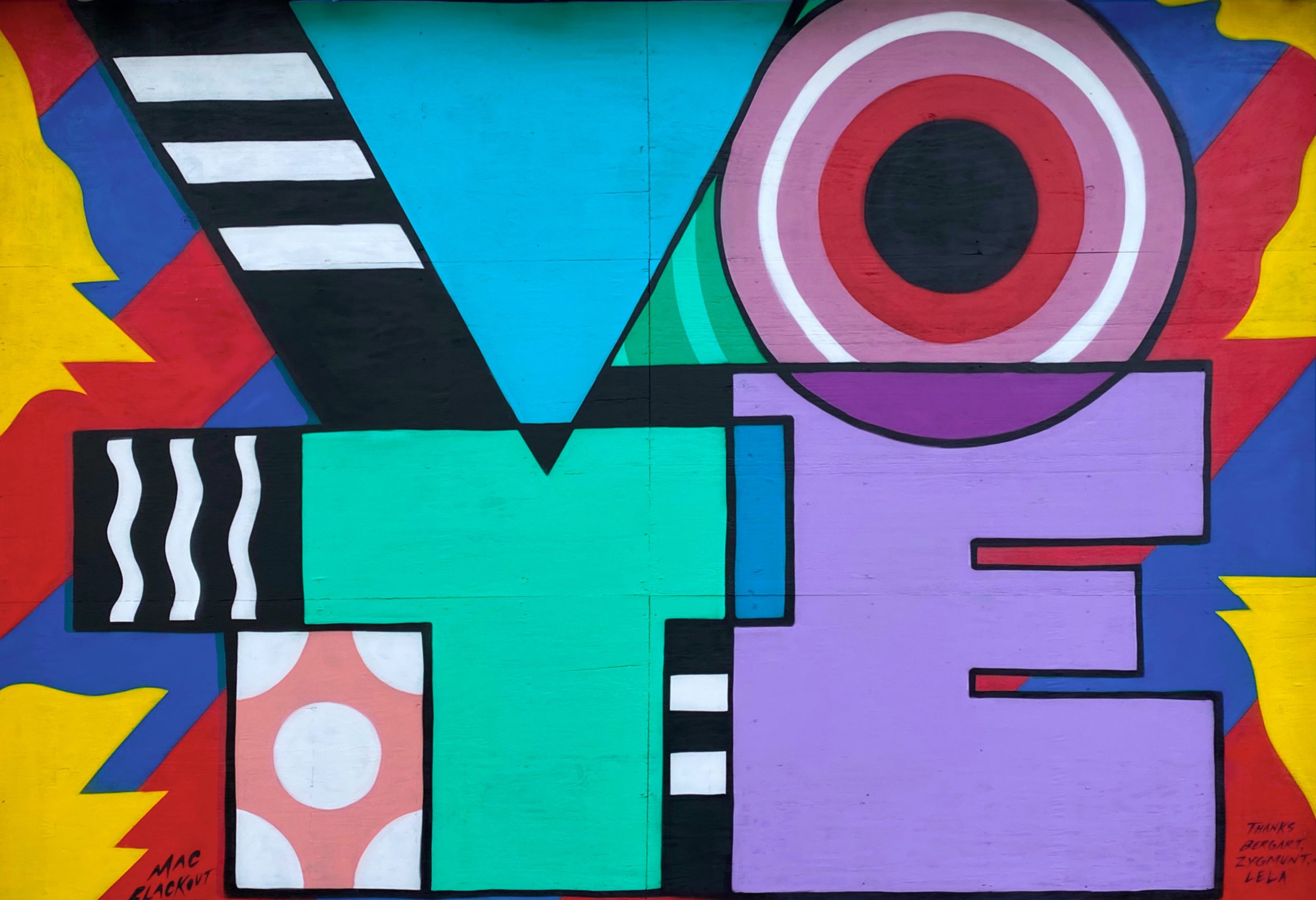Proposition 26 would legalize in-person sports betting at tribal casinos and specific horse tracks.
California state law currently limits some types of gambling. Prop. 26 would legalize in-person sports betting at tribal casinos and specific privately owned horse tracks. The measure would also require that racetracks pay into a new California Sports Wagering Fund to fund annual state spending on K–12 schools and community colleges, as well as contribute to gambling addiction and mental-health programs, sports betting regulation enforcement costs, and the state’s General Fund.
After funds from the California Sports Wagering Fund are used for annual minimum required education spending, 70 percent of the remaining funds would be required to go toward the state’s General Fund, 15 percent for gambling addiction and mental-health programs and grants, and the last 15 percent for sports betting and gambling enforcement costs. While the actual fiscal impact of Prop. 26 remains uncertain, state analysts estimate that increases in state revenues from Prop. 26 could reach tens of millions of dollars annually, and enforcement costs are expected to be in the low millions of dollars annually.
A YES vote on Proposition 26 means: If Proposition 26 is approved by voters, tribal casinos could offer in-person sports betting, roulette, and dice games through tribal agreements with the state. Four horse racetracks would be able to offer in-person sports betting; the revenue would pay into a new fund that would go toward public school spending, mental-health programs, sports betting regulation enforcement costs, and the California State General Fund.
A NO vote on Proposition 26 means: If Proposition 26 fails, no changes would be made to the enforcement of current state gambling and betting laws.
Top funders of Proposition 26:
- Yes on Prop 26: The top funders of the ballot measure committee simultaneously supporting Proposition 26 and opposing Proposition 27 are the Federated Indians of Graton Rancheria, the Pechanga Band of Indians, and the Yocha Dehe Wintun Nation. As of August 1, the Yes on 26, No on 27 ballot measure committee has raised $60 million and spent $31 million since Jan. 1, 2022. The coalition supporting the ballot measure includes thirty-one tribes and tribal organizations, such as the California Nations Indian Gaming Association. Other organizations supporting Prop. 26 include the Dolores Huerta Community Foundation, Peace Officers Research Association of California, and the American Indian Chamber of Commerce.
- No on Prop 26: The top funders of the ballot measure committee opposing Proposition 26 are the non-tribal cardrooms and cardroom operators at California Commerce Club, Hawaiian Gardens Casino, and Knighted Ventures. As of August 1, the No on 26 committee has raised $17 million and spent $2 million since Jan. 1, 2022. In addition, organizations including the California Republican Party, the Los Angeles County Business Federation, and the American Federation of State, County and Municipal Employees (AFSCME) California also oppose Prop. 26.
Proposition 26 and Proposition 27:
- Prop. 26 focuses on in-person betting, while Prop. 27 focuses on online betting. If both Props. 26 and 27 pass, they will likely both go into effect, as neither ballot measure technically conflicts with the other. The authors of Prop. 27 explicitly wrote into the measure that “Proposition 27 does not conflict with Proposition 26,” but whether the courts will find that both measures can operate simultaneously remains to be seen. If the courts find that they don’t conflict, the two measures will both take full effect. If the courts find that the two measures do conflict with each other, whichever measure receives the most votes in the election will be the one that goes into effect. Opponents of each measure may leverage the issue of potential conflict and voter support in court to defeat one of the measures post-election, should they both be approved by voters.
- So far, the ballot measure committees involved in the Props. 26 and 27 contests have in total raised $218 million and spent $65 million, making the two measures among the most expensive ballot measure contests on record.
Resources:
https://lao.ca.gov/BallotAnalysis/Proposition?number=26&year=2022
https://votenoonprop26.org/
https://yeson26.com/
https://www.sfgate.com/politics/article/california-prop-26-27-guide-17430208.php
https://www.kcra.com/article/cas-sports-betting-propositions-could-face-off-court-both-pass/40683974


